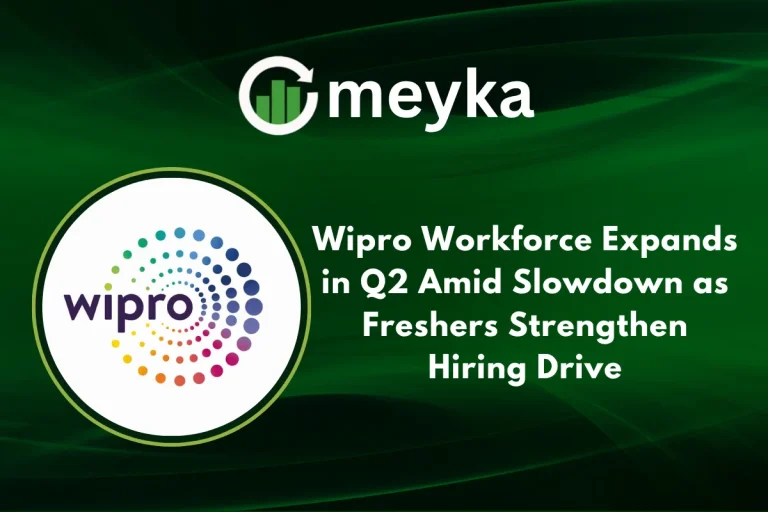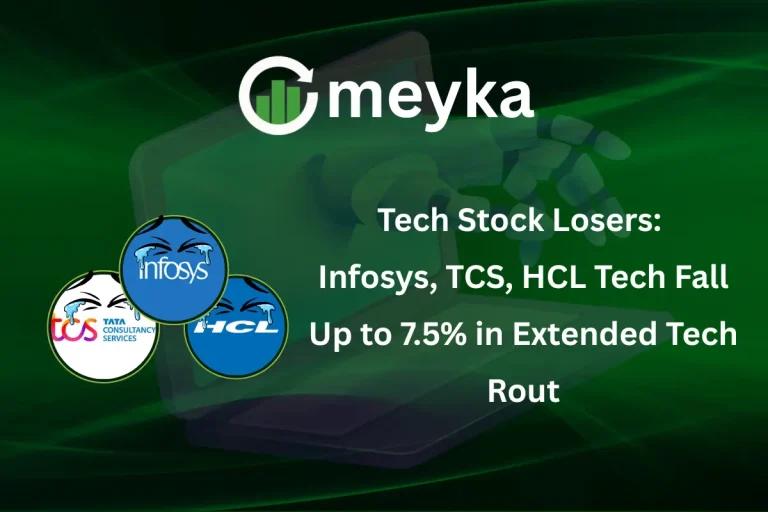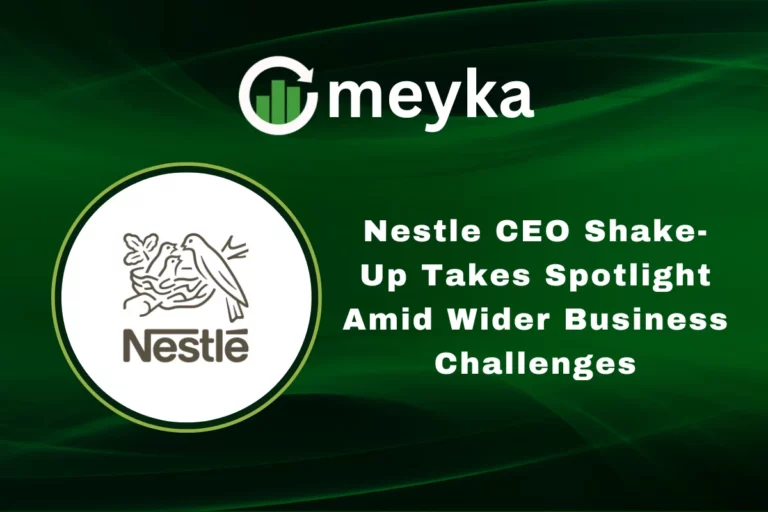Wikipedia Warns AI Companies: Use the Paid API, Stop Scraping Its Content
Wikipedia has issued a clear warning to AI developers: stop scraping our pages, and use the paid API instead. The Wikimedia Foundation says large-scale scraping is straining servers, reducing human visits, and harming the volunteers who write and edit articles.
Continue Reading on Meyka
This article is available in full on our main platform. Get access to complete analysis, stock insights, and more.
Read Full Article →





